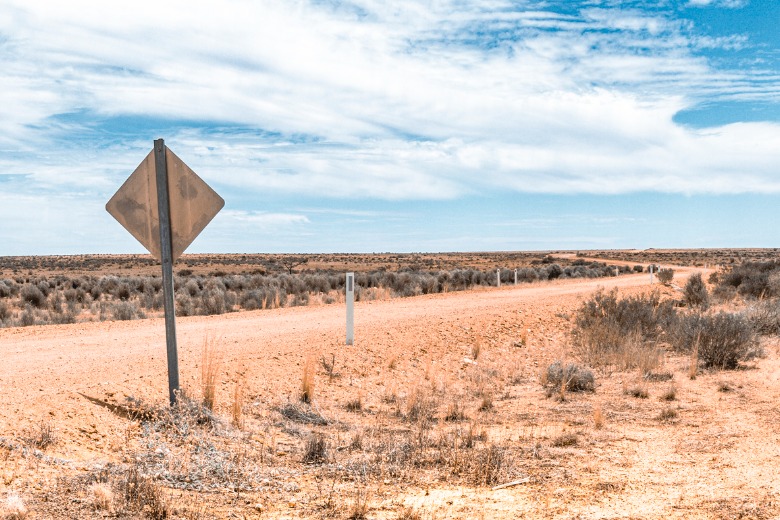
The South Australian government might have declared a climate emergency but it still has a way to go before it can show it’s managing climate change risk effectively, a new report by the state’s auditor-general says.

Auditor-General Andrew Richardson tabled his report on October 31 after reviewing climate change management by six agencies, and looking at central coordination of climate change risk management across the state government.
The agencies reviewed include the Department of Environment and Water, the Department of Infrastructure and Transport and the Department of Primary Industries.
SA Fire and Emergency Services, the SA Housing Trust and the state Water Corporation were also considered.
South Australia’s daily maximum temperature is predicted to rise by 2.1 degrees Celsius by 2050, with the parliament passing a motion in May 2022 that the state is facing a climate emergency.
Auditor general Andrew Richardson found that South Australian authorities recognise the importance of managing climate risk. He also found initiatives are in place, or planned, by individual agencies as well as at a whole of government level.
However, most agencies remained in the early stages of adopting climate change risk management and key elements of good practice were either still being developed or not yet implemented.
“Because of this, we concluded that there is still much to do before the SA government can demonstrate effective climate change risk management,” Mr Richardson concludes.
Central coordination agency
His report says both the government and individual agencies need to progress and implement a range of issues. This includes establishing a central coordination and monitoring body within government.
Agencies also need to undertake regular climate risk assessments and boost staff capabilities.
“The Department of the Premier and Cabinet (DPC) and the Department of Treasury and Finance (DTF) have the authoritative standing to lead and play key roles in ensuring a range of whole-of-government strategies and ensure they progress satisfactorily,” the report says.
“We concluded that managing climate change risk requires such leadership. The SA Government needs to resolve which agencies will have this role.”
Emergency services sector at front line

South Australian Fire and Emergency Services Commission (SAFECOM) CEO Julia Waddington-Powell said the state’s emergency services sector has seen the impact of climate change first hand in the frequency and severity natural disaster.
SAFECOM has already started integrating climate change risk across strategic and operational areas, she said in a response to the Auditor-General report.
“Significant work is being undertaken to raise the profile of climate change risk management at all levels of SAFECOM and emergency servie organisations,” she said.
“SAFECOM has a lead role to work with the sector in developing a consistent, mature and more sophisticated approach to managing climate risk.”
Comment below to have your say on this story.
If you have a news story or tip-off, get in touch at editorial@governmentnews.com.au.
Sign up to the Government News newsletter